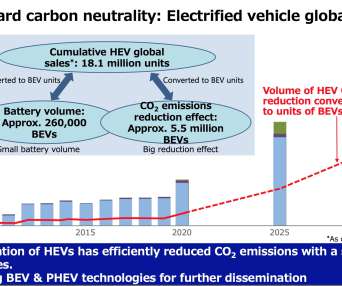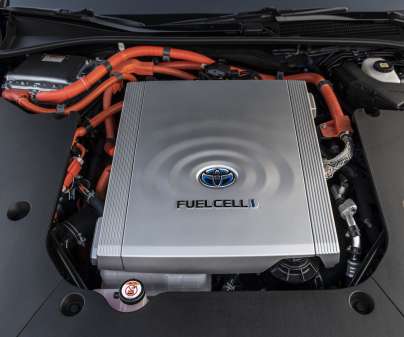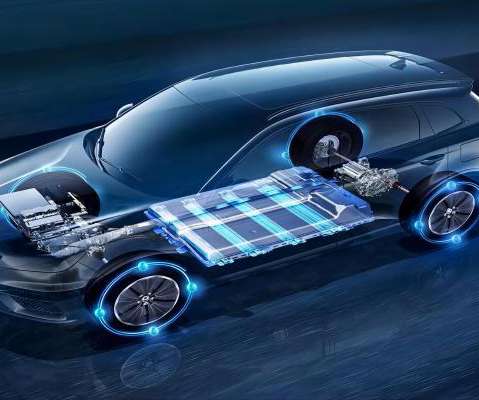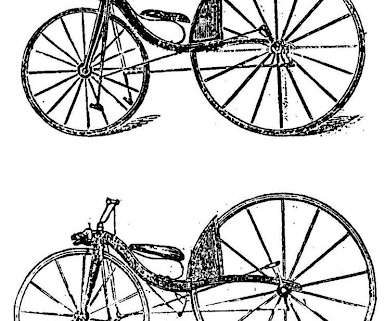Toyota will invest $14.3B in development of a battery supply system and research and development by 2030
Green Car Congress
SEPTEMBER 8, 2021
In a livestreamed briefing on batteries and carbon neutrality, Toyota Chief Technology Officer Masahiko Maeda said that the company will invest ¥1.5 Toyota has been continuously evolving nickel-metal hydride batteries and lithium-ion batteries for hybrids by taking advantage of their respective characteristics.




































Let's personalize your content